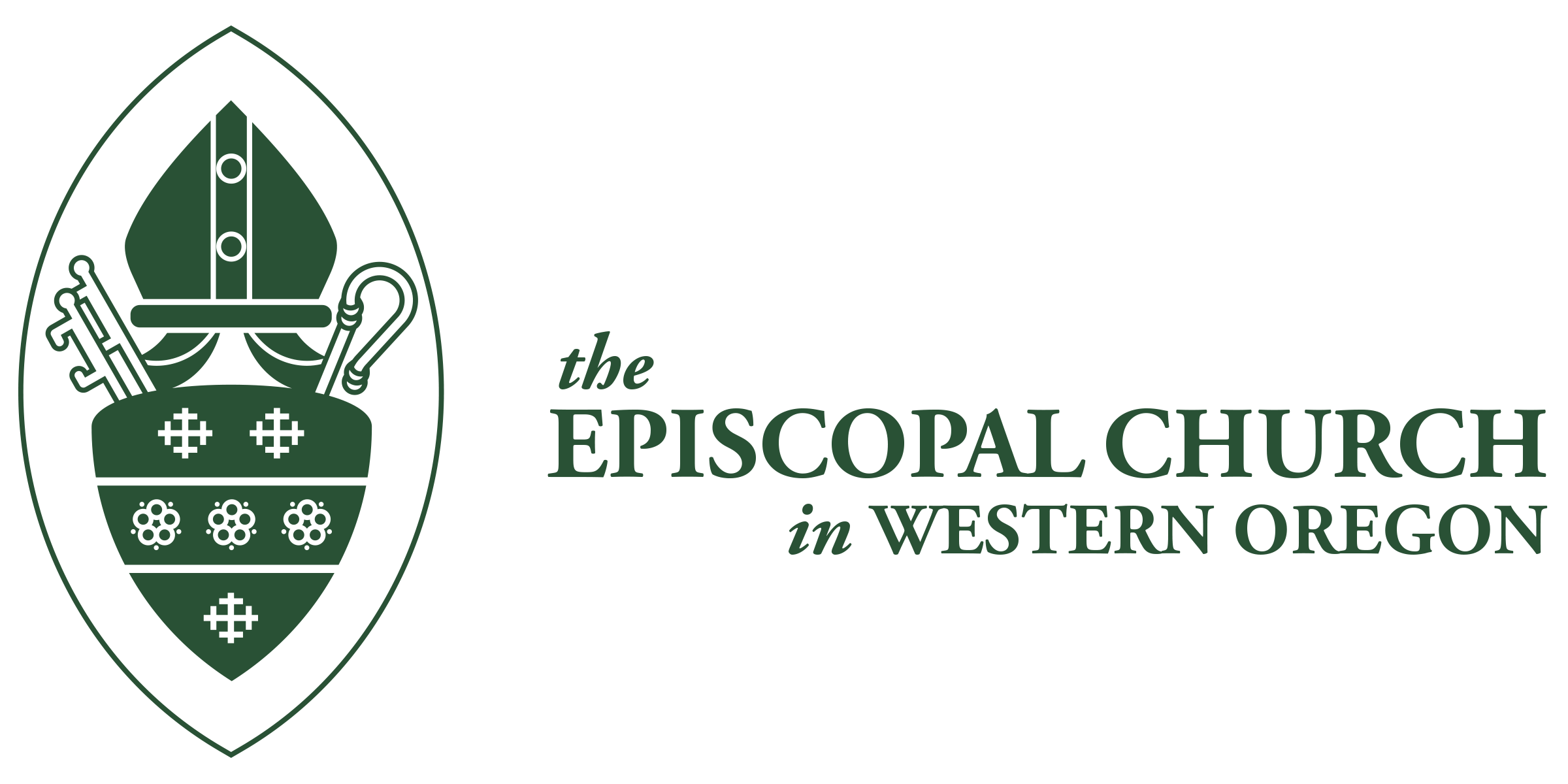Dear friends in Christ,
“The Diaconate just might be what saves the church in these times.” These words came from a clergy colleague years ago. We were at a conference and the discussion topic was the changing church. Our focus had been primarily on the priesthood and the kind of leadership priests ought to have for these times. A thoughtful silence followed her words as the group reflected on this shift in perspective.
My own reflection in that moment was, “Oh snap! How did we miss that?” And ever since, I have turned my attention to engaging the ministry of deacons by asking folks how they understand the distinct order of the diaconate.
Last Saturday I spent the morning with the Community of Deacons to get to know them and to begin a conversation about the ways they are called to serve as Christ’s hands and feet in the world. We talked about the central metaphor for the diaconate: a bridge. Deacons are the bridge between the church and the world. Their ministry is anchored in the sure and certain knowledge that their work is to make tangible the healing and hope of Christ’s presence in the midst of suffering. This is no great insight as the deacons in this diocese know this and are living it out with deep faithfulness. But, further thought and engagement is needed around the way in which deacons are uniquely called to interpret and demonstrate the need for God in one’s daily life.
These past few Sundays, our gospel proclamation has been from Mark’s gospel, which features rich descriptions of crowds seeking out Jesus for healing – they are so clear about his ability to heal that they know to merely touch the fringe of his coat will make them whole. I remember hearing a sermon in seminary about this theme in Mark’s gospel. The preacher eloquently framed a teaching about the accounts of Jesus healing and feeding people: we have essential needs (i.e. food, clothes, shelter) that must first be met before we can receive the more substantial food of Jesus’ teaching about God. For years that has been an underlying theme in my reflection on Mark’s gospel.
But as I reflect on my time with the Community of Deacons, I began to wonder if we don’t have it wrong in framing Jesus’ ministry that way. Isn’t Jesus’ teaching as essential as food and clothing? Interpreting Mark’s gospel using Maslow’s hierarchy of needs is not a true reflection of how we need God in our lives. More true is the proclamation, in thought, word, and deed, of the essential nature of our faith in God. Our need for God in our lives is as basic, essential, and critical as food and clothing.
How would the church and the world change if our deacons served others with a life-giving conversation about the basic need for God in one’s daily life? How could this conversation be framed to side-step proselytizing and coercive evangelizing? What would bubble up from hearing someone describe the ways that God’s love, forgiveness, and grace brings joy and meaning to their life? For surely one can be fed, clothed, and housed and continue to live in misery and to suffer a joyless existence.
I am a Christian for many reasons but the most important is this: I cannot imagine my life without God at the center. I need God in the same way I need food and water. God is a basic and essential part of my existence, and it is most certainly not the case that I have certain basic needs that come before turning to God. God lives and moves and speaks into every need or yearning I have – there is no place God is not.
The Community of Deacons heard me speak with great commitment and passion about the diaconate and my clarity about the hope they represent not only for this diocese but for the entire church. I am looking forward to walking with our laity and priests as we look with creativity and eagerness at the diaconal mission. God is on the move, and deacons have a key role to play in helping us recognize where this holy presence is taking us in the church and in the world.
In Christ,
+Diana
